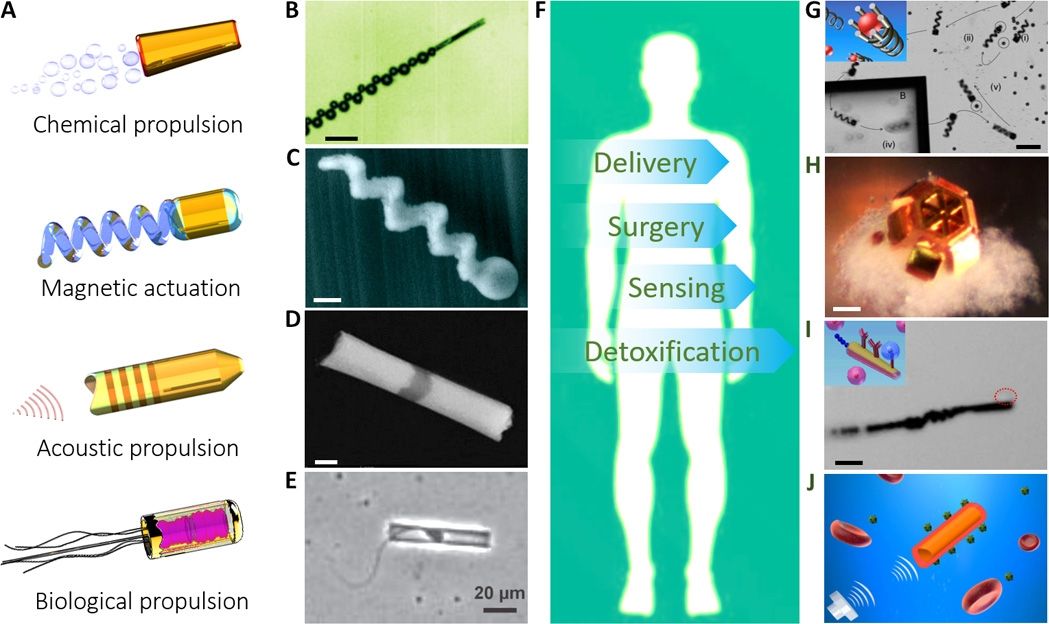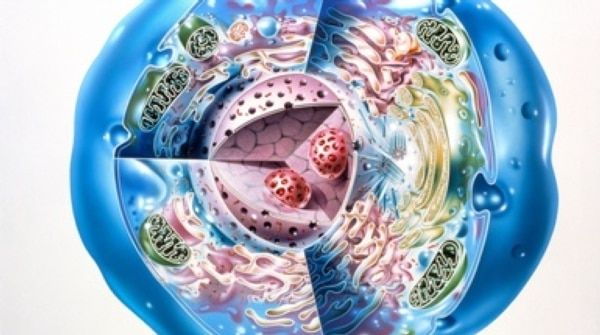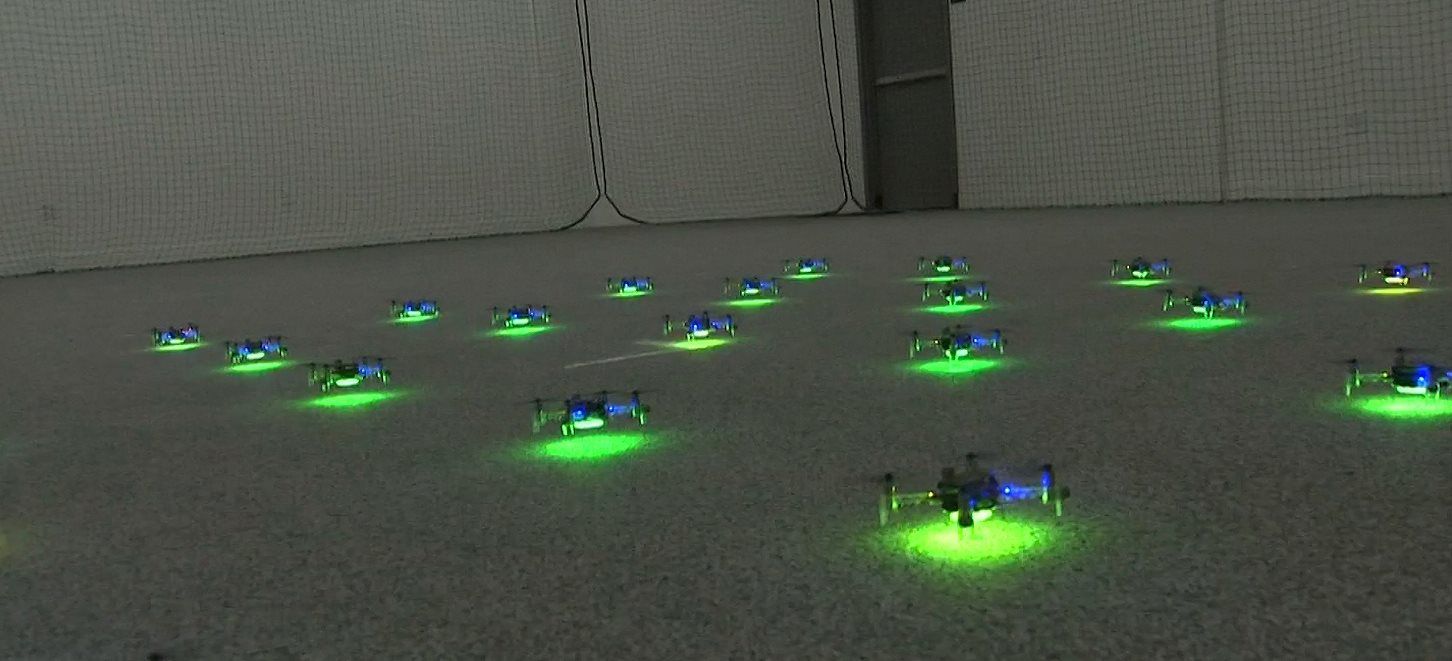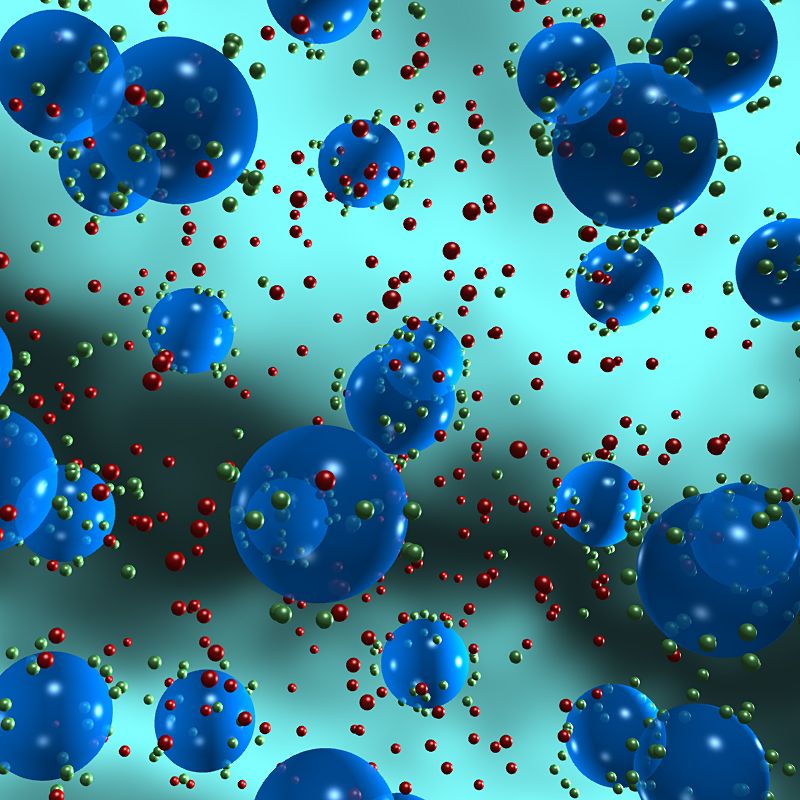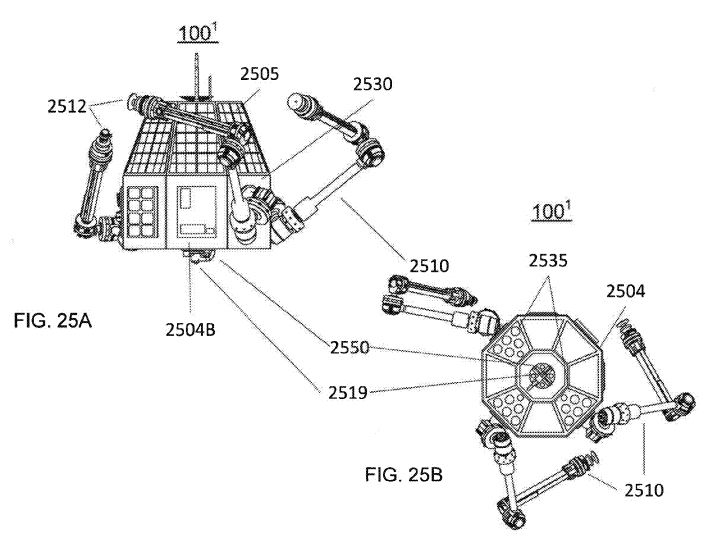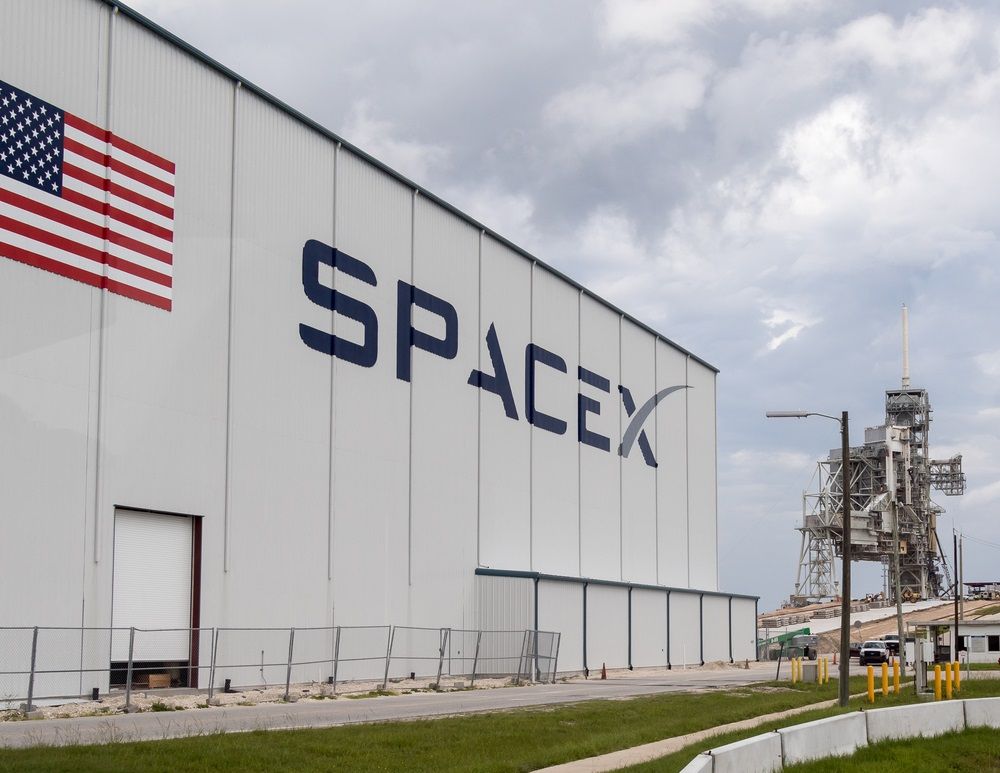Page 10406
Mar 8, 2017
Micro/nanorobots for biomedicine: Delivery, surgery, sensing, and detoxification
Posted by Klaus Baldauf in categories: biotech/medical, nanotechnology, robotics/AI
Micro- and nanoscale robots that can effectively convert diverse energy sources into movement and force represent a rapidly emerging and fascinating robotics research area. Recent advances in the design, fabrication, and operation of micro/nanorobots have greatly enhanced their power, function, and versatility. The new capabilities of these tiny untethered machines indicate immense potential for a variety of biomedical applications. This article reviews recent progress and future perspectives of micro/nanorobots in biomedicine, with a special focus on their potential advantages and applications for directed drug delivery, precision surgery, medical diagnosis, and detoxification.
Mar 7, 2017
NASA Wants to Launch a Giant Magnetic Field to Make Mars Habitable
Posted by Klaus Baldauf in categories: climatology, engineering, environmental, space
NASA scientists have proposed a bold plan that could give Mars its atmosphere back and make the Red Planet habitable for future generations of human colonists.
By launching a giant magnetic shield into space to protect Mars from solar winds, the space agency says we could restore the Red Planet’s atmosphere, and terraform the Martian environment so that liquid water flows on the surface once again.
Mars may seem like a cold, arid wasteland these days, but the Red Planet is thought to have once had a thick atmosphere that could have maintained deep oceans filled with liquid water, and a warmer, potentially habitable climate.
Continue reading “NASA Wants to Launch a Giant Magnetic Field to Make Mars Habitable” »
Mar 7, 2017
Quantum Microscope Spies on Chemical Reactions in Real Time
Posted by Bruno Henrique de Souza in categories: particle physics, quantum physics
Diamond-based imaging system uses magnetic resonance of electrons to detect charged atoms.
- By Sara Reardon, Nature magazine on March 7, 2017
Mar 7, 2017
Cells communicate better when not squeezed together, research shows
Posted by Saúl Morales Rodriguéz in category: biotech/medical
Scientists are beginning to realize that many cellular behaviors, such as metastasizing cancer cells moving through the body or wound healing, aren’t random events, but the result of coordinated actions by cells.
Such collective cell movement requires communication, and a new study shows that cells are most effective at communication when they aren’t tightly packed together. This was a surprise, says Andrew Mugler, a Purdue University assistant professor of physics and astronomy who studies cell behavior.
“Our hypothesis was proven wrong,” Mugler says. “Our hypothesis was that cells that are closer to each other should experience a sensory improvement. Instead, we found that long-range communication was better, even though it meant that cells had to be receiving weaker communication signals.”
Mar 7, 2017
Future Human lifespan 140 years, 500 years, 1000 years or indefinite with aging damage repair and aging reversal
Posted by Klaus Baldauf in categories: biotech/medical, life extension, Peter Diamandis
Speaking at the Aspen Abu Dhabi Ideas Forum, Dr Brad Perkins, chief medical officer, Human Longevity, said: “Right now the most daunting and expensive human health problem that the world is facing is age related chronic disease. Our hypothesis at Human Longevity is that genomics and the technologies that support its application in medicine and drug discovery are going to be the next accelerant in extending a high performance human lifespan.
Dr. Brad Perkins and other anti-aging researchers at commercial companies made the more conservative for anti-aging researchers that within about 40 years human longevity (maximum lifespan) will reach 140 years. Current life expectancy is about 80 years but with some countries and states at about 90 years for women. The confirmed longest lived person reached 122 years of age.
Mar 7, 2017
Made in Space patent for additive manufacturing of spacecraft devices in space published
Posted by Klaus Baldauf in categories: 3D printing, space travel
A newly published patent from Made in Space describes several systems that could be used for 3D printing in space. These include, “a system and method for assembling a spacecraft such as a satellite in space.”
Michael Snyder, Chief Engineer and co-founder at Made in Space, is named as inventor on the patent.
Mar 7, 2017
Biotech’s 3D Breakthrough
Posted by Klaus Baldauf in categories: 3D printing, bioprinting, biotech/medical, health
Every day in a San Diego lab, raw material derived from donated tissue unsuitable for organ transplantation goes into a machine, and three-dimensional human liver tissue is printed out.
Pioneered by a company called Organovo, this 3D bioprinting technology may one day achieve the Holy Grail of its industry: the manufacturing of whole human organs to replace damaged ones. But for now, it’s already making an impact on human health, as pharmaceutical and biotech companies are using its manufactured human liver tissue to test the toxicity of new drugs and therapies.
Organovo is developing multiple tissue types for therapeutic use, with strong early results in animal models. In three to five years, there’s a good chance that it will have an Investigational New Drug Application in at least one tissue. The company’s strategic plan is coming to fruition just as its chief scientific officer, Sharon Presnell, envisioned when she joined the startup in 2011.
Mar 7, 2017
Pie in the Sky? The Economics of Space Travel
Posted by Brett Gallie II in categories: business, Elon Musk, space travel
SpaceX hopes to take paying passengers into deep space next year. Is this a real business or an ego trip?
An awfully big adventure
Elon Musk announced on Monday (27 February) that his space company SpaceX has been contracted by two private citizens to circumnavigate the moon and return to Earth late in 2018. The mission will not land on the Moon but the two privileged individuals will get close. And they have already paid a substantial deposit.

